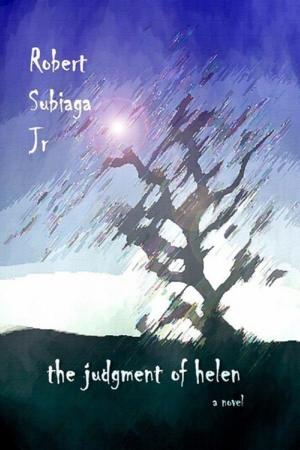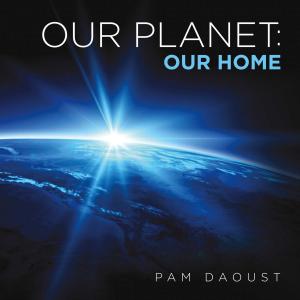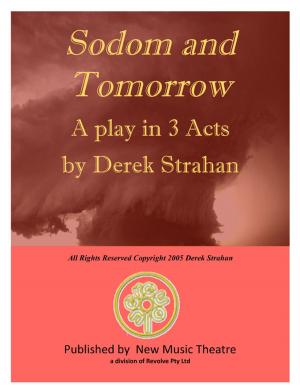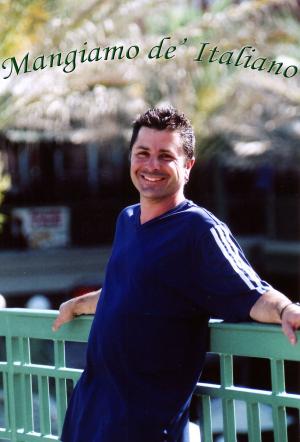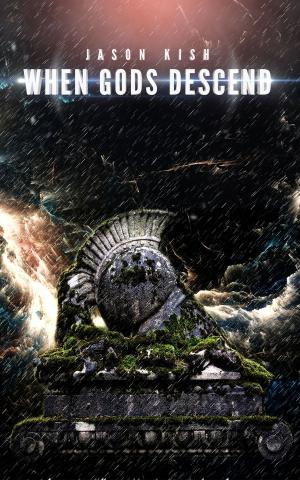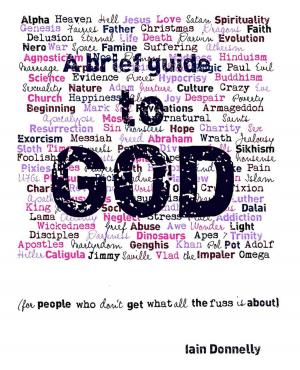Essential Purpose
Investigating Life's Purpose and Discovering a Definitive Conclusion
Nonfiction, Religion & Spirituality, Philosophy, Mind & Body| Author: | Philip Smith | ISBN: | 9781483544687 |
| Publisher: | BookBaby | Publication: | December 12, 2014 |
| Imprint: | Language: | English |
| Author: | Philip Smith |
| ISBN: | 9781483544687 |
| Publisher: | BookBaby |
| Publication: | December 12, 2014 |
| Imprint: | |
| Language: | English |
Can we ever confidently know the purpose of human life? Absolutely; and with the same level of certainty that we recognise the purpose of a light bulb. This book thoroughly explores the challenging question of purpose, and while doing so, also examines why our purpose is what it is. This very powerfully reinforces what is an already satisfying and convincing conclusion. 'What is life about?', 'Why am I here?'. These examples show that the question about our most fundamental purpose, has many forms, and has undoubtedly been the catalyst for much deep reflection over the course of history. That it has remained a question for so long, indicates the difficulty in finding a conclusive answer. Being both philosophical and spiritual in nature, this type of inquiry does not lend itself to achieving concrete or observable results. Despite this, a rational, systematic and thorough investigation into this question is certainly able to realise a convincing answer. In the same way we recognise that oranges don't grow on apple trees, we can rely on our rational faculty to discern truth from fiction and the more plausible and credible, from the less so. If it weren't able to rely on this faculty, we would be in serious trouble, because it is so fundamental to our everyday functioning. We use this faculty to investigate the more abstract questions life offers. As this book will show; all things (entities) have their own unique purpose, and the more complex a thing is, the more complex its purpose will be. It will also show that the end-use, or purpose, of a thing, is intimately linked with the characteristics, or qualities associated with that thing. This is the premise on which this study is based, and its contention is built using recognised principles and rational arguments, finally culminating in a rationally and intuitively satisfying conclusion.
Can we ever confidently know the purpose of human life? Absolutely; and with the same level of certainty that we recognise the purpose of a light bulb. This book thoroughly explores the challenging question of purpose, and while doing so, also examines why our purpose is what it is. This very powerfully reinforces what is an already satisfying and convincing conclusion. 'What is life about?', 'Why am I here?'. These examples show that the question about our most fundamental purpose, has many forms, and has undoubtedly been the catalyst for much deep reflection over the course of history. That it has remained a question for so long, indicates the difficulty in finding a conclusive answer. Being both philosophical and spiritual in nature, this type of inquiry does not lend itself to achieving concrete or observable results. Despite this, a rational, systematic and thorough investigation into this question is certainly able to realise a convincing answer. In the same way we recognise that oranges don't grow on apple trees, we can rely on our rational faculty to discern truth from fiction and the more plausible and credible, from the less so. If it weren't able to rely on this faculty, we would be in serious trouble, because it is so fundamental to our everyday functioning. We use this faculty to investigate the more abstract questions life offers. As this book will show; all things (entities) have their own unique purpose, and the more complex a thing is, the more complex its purpose will be. It will also show that the end-use, or purpose, of a thing, is intimately linked with the characteristics, or qualities associated with that thing. This is the premise on which this study is based, and its contention is built using recognised principles and rational arguments, finally culminating in a rationally and intuitively satisfying conclusion.


